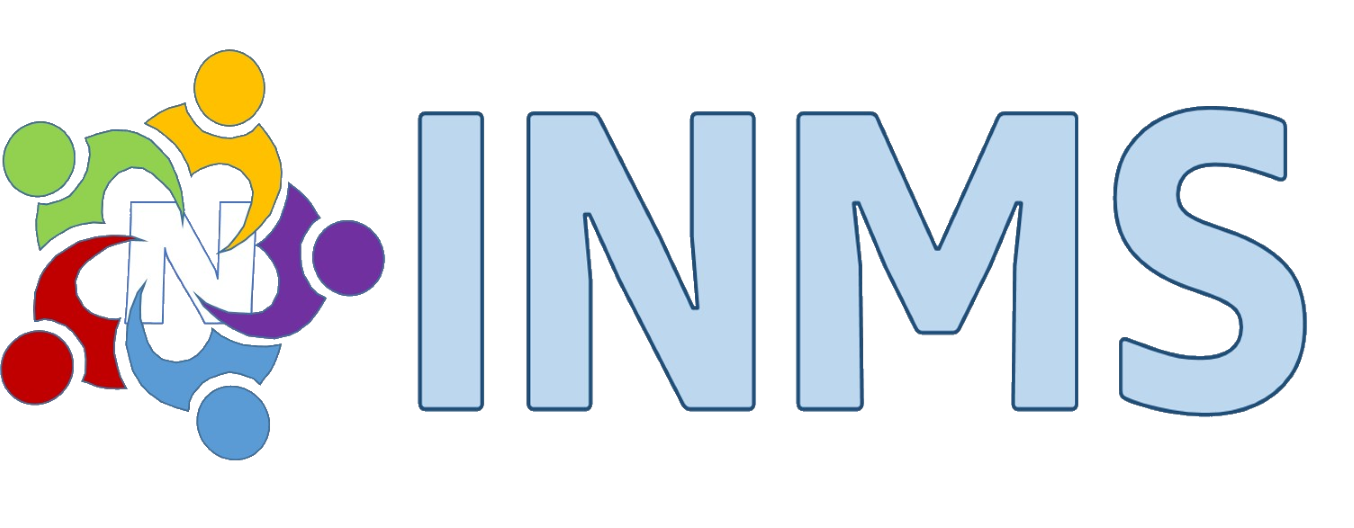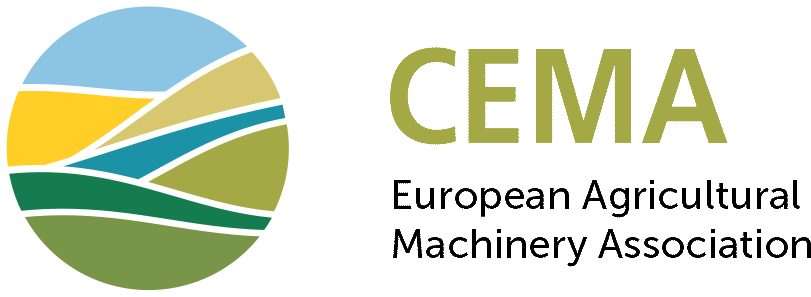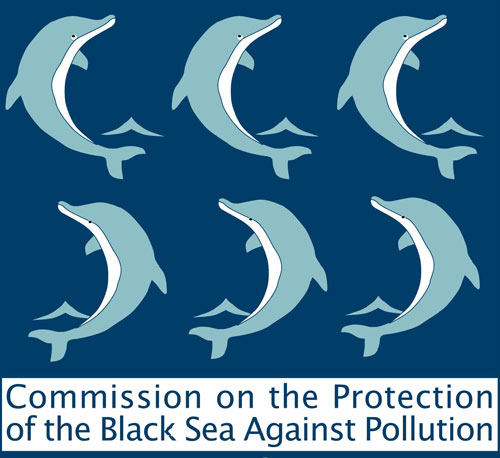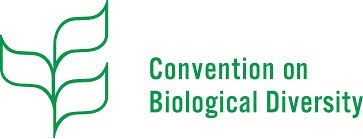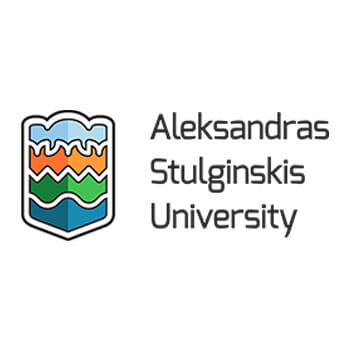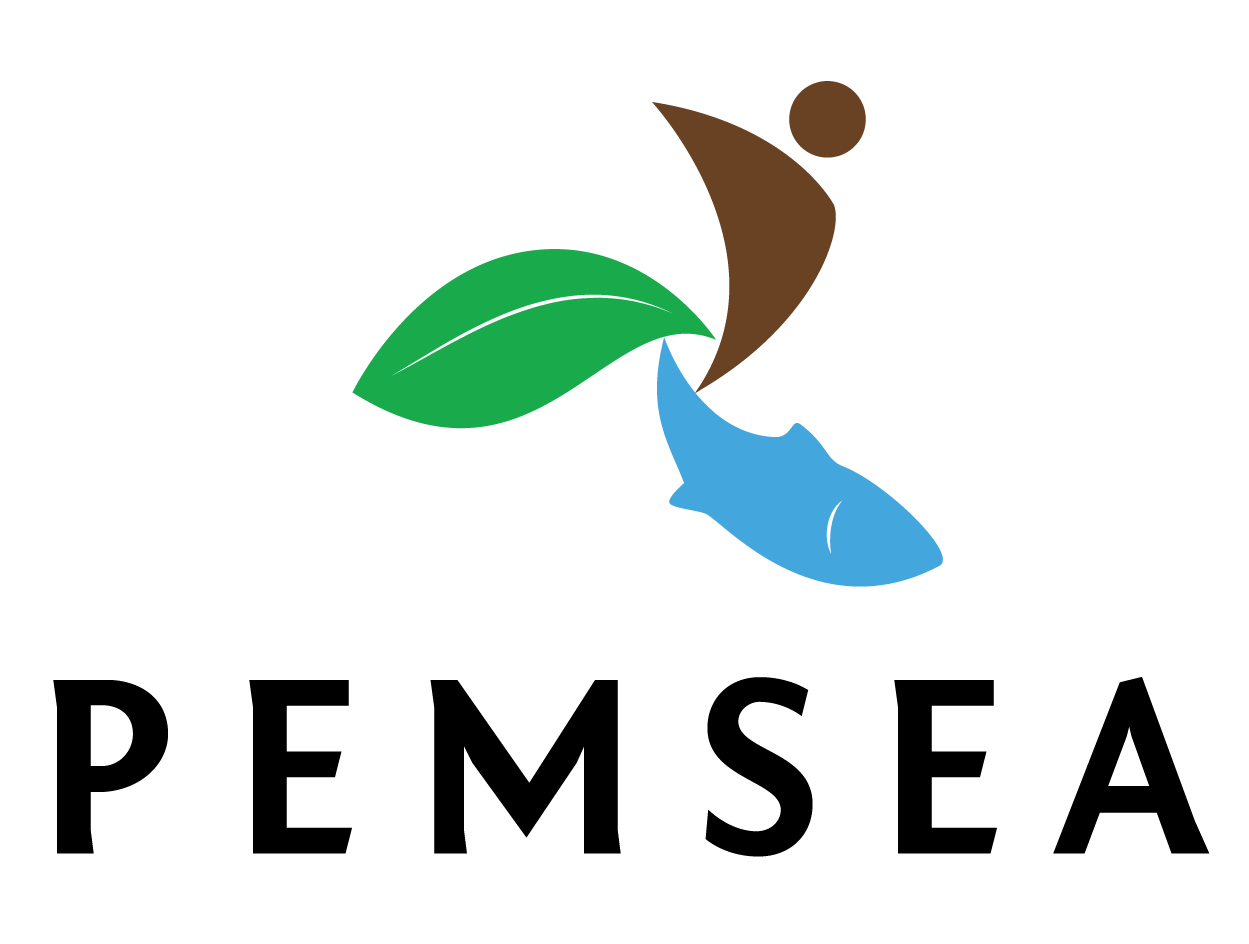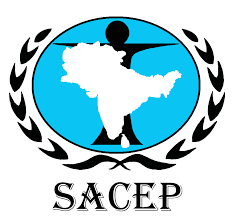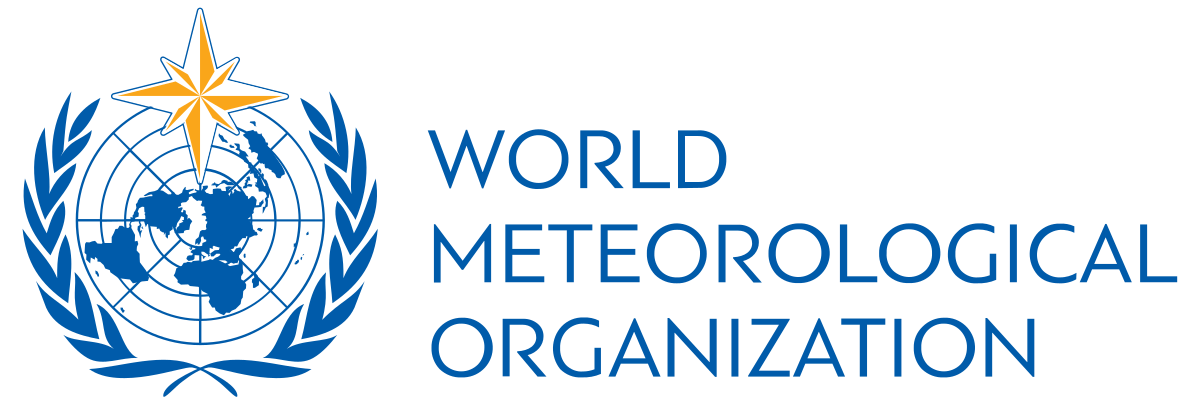CEMA aisbl - European Agricultural Machinery
CEMA aisbl – European Agricultural Machinery, are interested in the development of low emission practices, especially in regard of manure spreading methods, including liaison with other regional agricultural machinery organizations.
Commission on the Protection of the Black Sea Against Pollution
Commission on the Protection of the Black Sea Against Pollution (BSC PS), Turkey, is a key user of the outcomes of ‘Towards INMS’ and at the same time will share datasets and facilitate knowledge exchange to support the East Europe INMS demonstration, which focuses on the Dniester, Prut and Lower Danube which flow in to the Black Sea.
Convention on Biodiversity
The Convention on Biological Diversity, will be secretariat liason, especially in relation to mainstreaming the nitrogen challenge within the CBD, as part of the Aichi indicator process.
Institute of Water Resources Engineering
The Institute of Water Resources Engineering (ASU), Lithuania, has many years of experience in conducting research on nitrogen losses from agricultural areas to surface waters at different spatial scales (field and catchment). Long-term nitrogen budget calculations and the effect of various land management practices have been investigated. The offered contribution to ‘Towards INMS’ is skills, experiences and review. Recent research suggests that a limited response of freshwater eutrophication to decline in agriculture is related to land management practices as well as to significant inertia of the terrestrial ecosystems that control the loss of N from land to rivers. The research emphasis is therefore on improving understanding of the N cycle to reduce the negative impacts through improved N management practices and policies.
International Plant Nutrition Institute
International Plant Nutrition Institute (IPNI), United States, are a global research partner of the fertilizer industry. Sharing of expertise in “4R Nutrient Stewardship” (right source at the tight rate, right time, and right place) that leads to enhanced crop production and crop quality, soil fertility improvement and sustainability, and attractive economic returns for farmers and allied industries, while also being socially acceptable and environmentally responsible.
Karlsruhe Institute of Technology
Karlsruhe Institute of Technology, IMK-IFU, Germany, The Institute of Meteorology Karlsruhe (IMK-IFU) is based at Garmisch-Partenkirchen, Germany, providing world leading expertise on biosphere-atmosphere-hydrosphere interactions in the nitrogen cycle. They combine measurement and modelling expertise and will contribute to the synthesis activities of INMS, especially A2.3 (preparation of consolidated global assessment) and the East African demonstration under Component 3. IMK-IFU works closely in conjunction with the International Livestock Research Institute (ILRI), Nairobi.
Partnerships in Environmental Management for the Seas of East Asia
Partnerships in Environmental Management for the Seas of East Asia, Partnerships in Environmental Management for the Seas of East Asia (PEMSEA) is an international organization that works to improve management and practices of particular relevance for the global nitrogen cycle. PEMSEA recognizes that over-enrichment of water bodies is a key challenge for sustainable coastal development in the East Asian region. PEMSEA will in particular support coordination amongst partners in the East Asian demonstration region of INMS and contribute to raising awareness and dissemination of results.
Planetary Boundary Initiative
Planetary Boundary Initiative (PBI), is a small NGO committed to governance that safeguards humanity against transgressing Earth's biophysical limits. Activities involve legal research, policy analysis, advocacy and the convening of multi-disciplinary experts and NGOs, to reach consensus on new governance options and this includes nitrogen as a key priority area. Research would review options for global, regional and local scales in response to planetary boundary science. We would develop research and explore findings with multi-sector NGOs, supported by our advisory group members.
South Asia Co-operative Environment Programme
South Asia Co-operative Environment Programme, The South Asian Cooperative Environmental Programme (SACEP) is the main intergovernmental body promoting environmental cooperation in South Asia. As such they provide a key stakeholder receiver of the INMS South Asian demonstration activity. SACEP will contribute as an advisor to Component 3, providing support for wider dissemination and awareness raising of the work.
World Meteorological Organisation
The WMO, Global Atmospheric Watch, will be secretariat liasion with efforts on quantifying atmospheric concentrations and depostion of reactive nitrogen compounds, for verification of models, including key gap analysis in developing regions.
World Wide Fund for Nature
World Wide Fund for Nature conservation (WWF), Stakeholder interested in dissemination of information on the nitrogen challenge, the benefits of nitrogen to modern society in relation to the regional and global challenges for nature.
